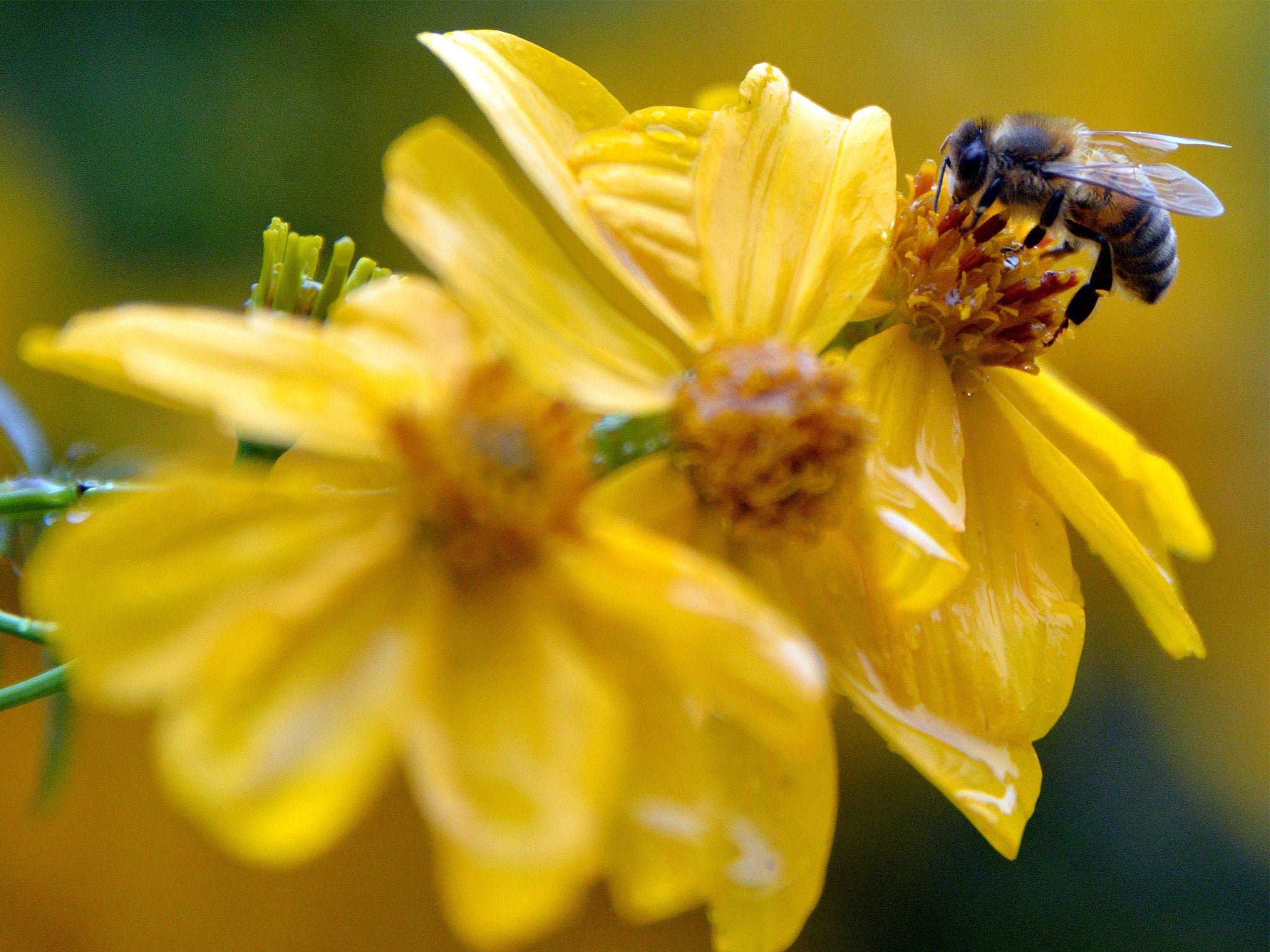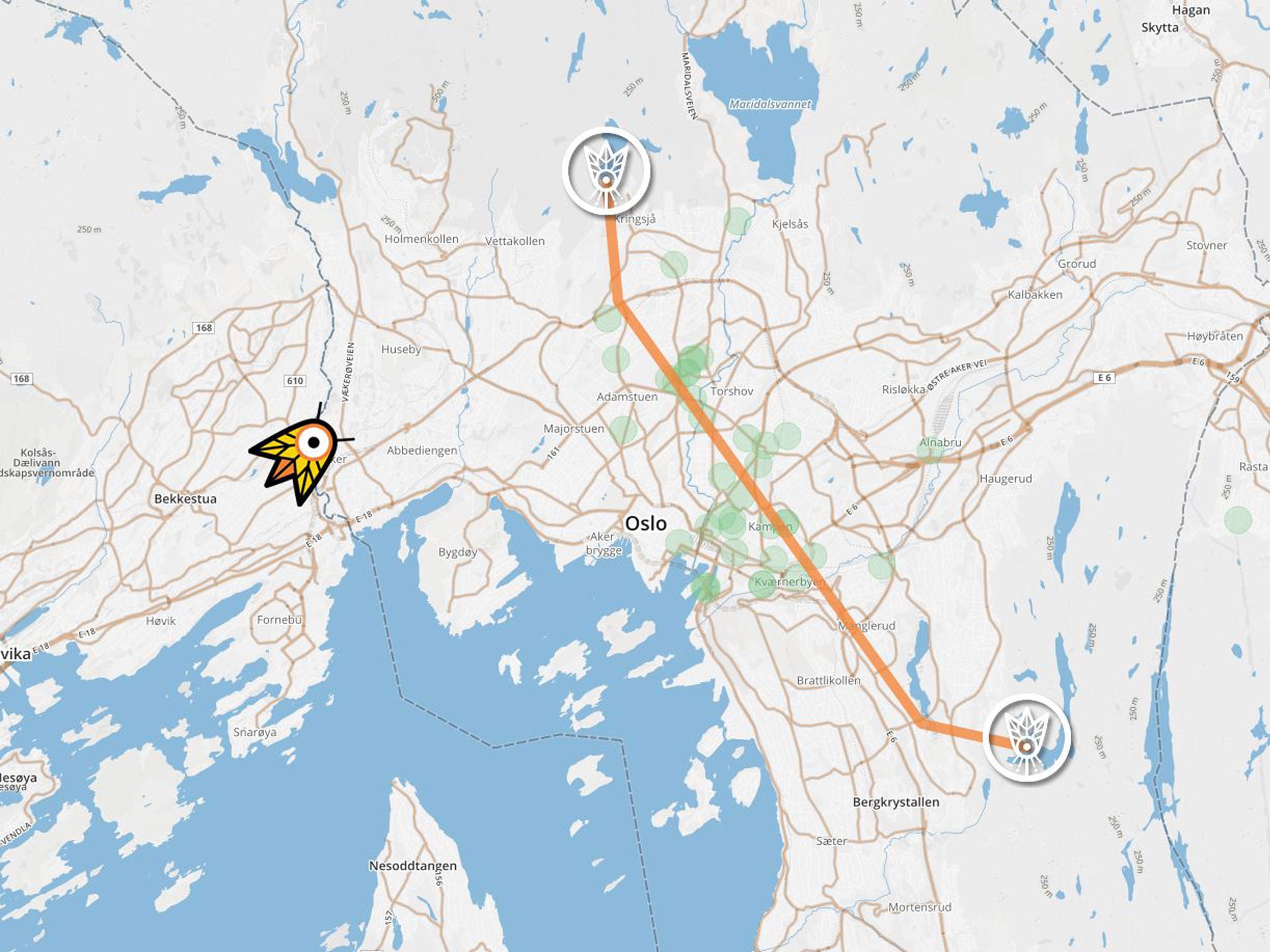'Bee highway' created in Oslo to give pollinators safe passage through the city
The project organisers say: 'We are constantly reshaping our environment to meet our needs, forgetting that other species also live in it'

The Norwegian capital, Oslo, is creating a 'bee highway' to protect endangered pollinators essential to food production.
The project aims to give insects a safe passage through the city, with stopping points providing sanctuary and food for the insects.
The system is believed by the organisers, Bybi, to be the first of its kind in the world.
"We are constantly reshaping our environment to meet our needs, forgetting that other species also live in it," said Agnes Lyche Melvaer of Bybi, an environmental group which sells urban honey.
"To correct that we need to return places to them to live and feed."
In response to the project, residents of the city have been planting sunflowers, marigolds and other nectar-bearing flowers in gardens and on rooftops to support the cause.
People or organisations engaging in the project are being invited to post their contribution on a website which maps out the bees’ route across the city.

Worker bees live around 60 days and produce only slightly less than a spoon of honey each in their lifetimes.
It is estimated that around 30 to 40 per cent of food production requires pollination.
In February, The Independent reported that a study had found the sharp decline in honeybee numbers was linked with a change in the foraging behaviour of young bees, brought on by some kind of environmental stress.
The cause of colony collapse disorder is still largely unknown, and many scientists believe it is the result of several factors interacting with one another, including exposure to agricultural pesticides and attacks by bee parasites.
Join our commenting forum
Join thought-provoking conversations, follow other Independent readers and see their replies
Comments